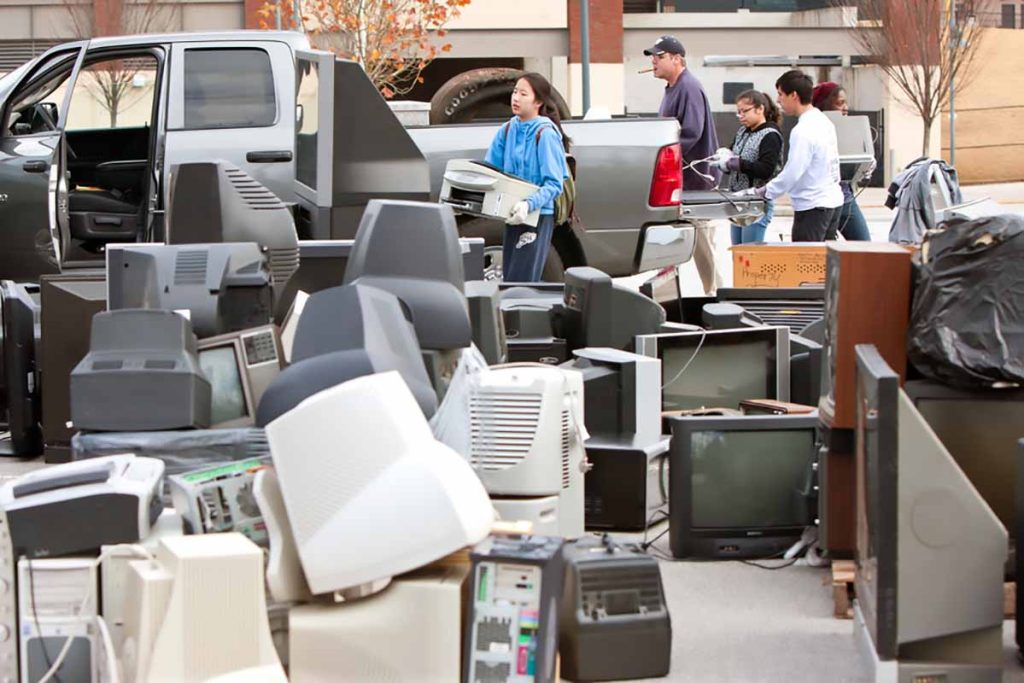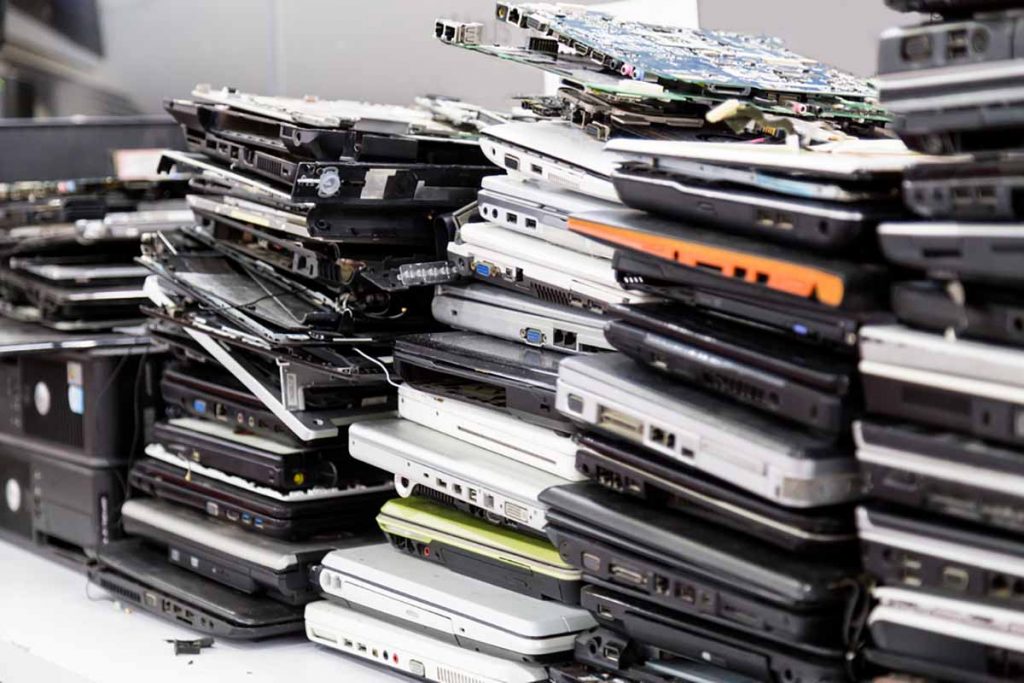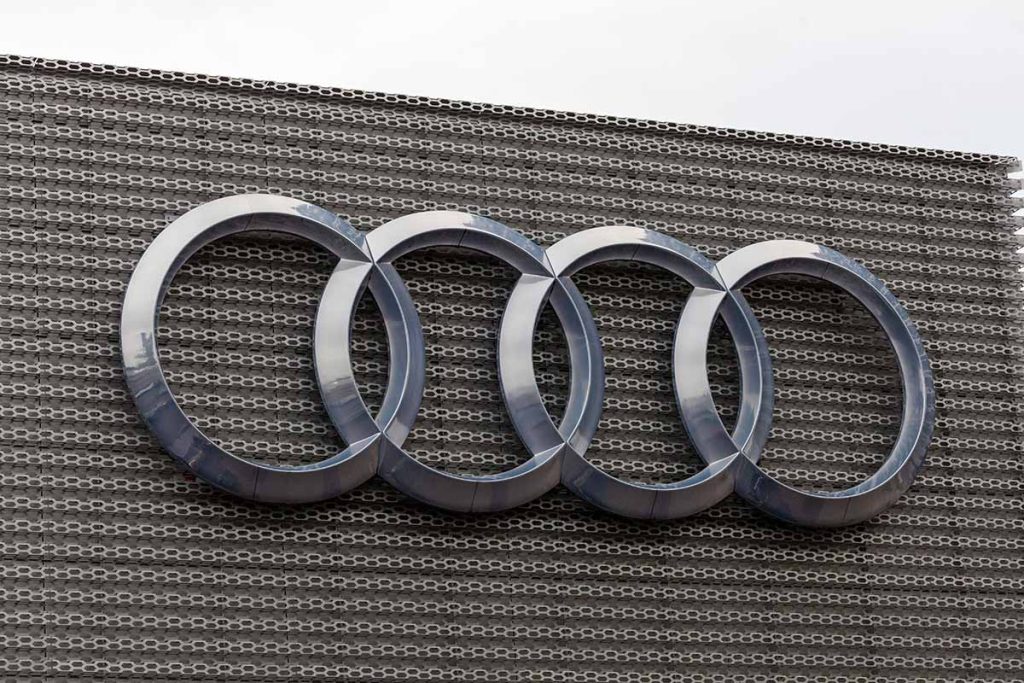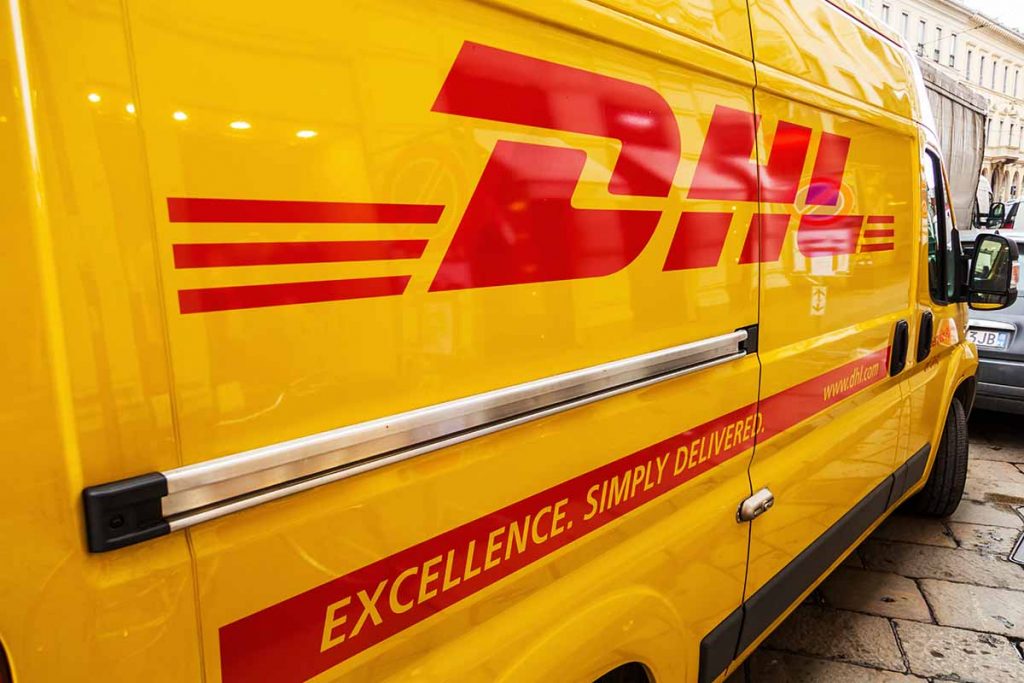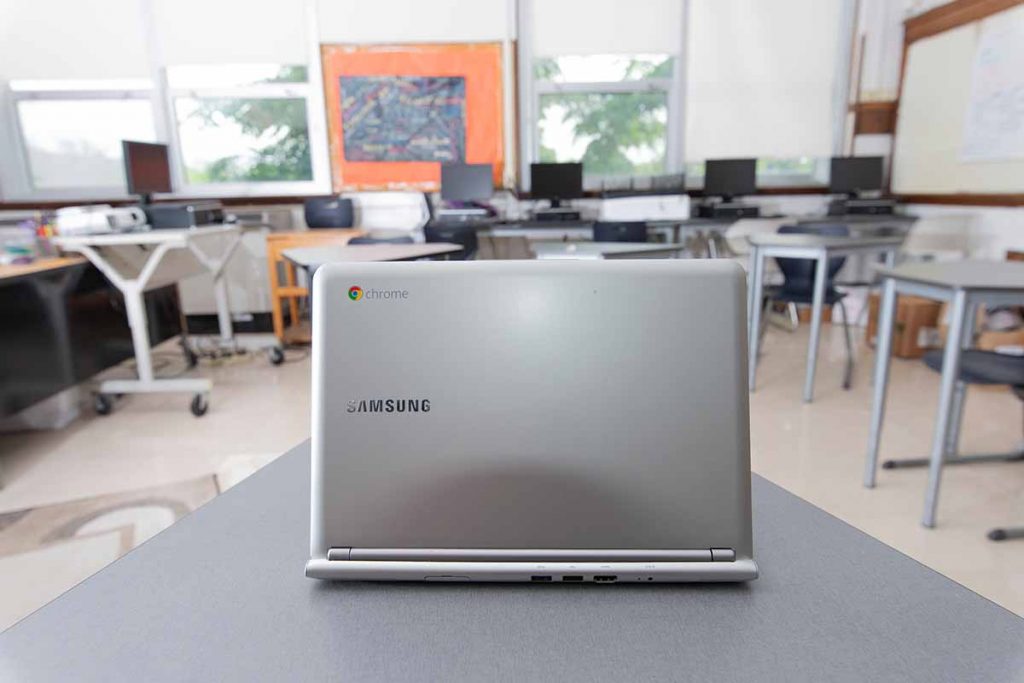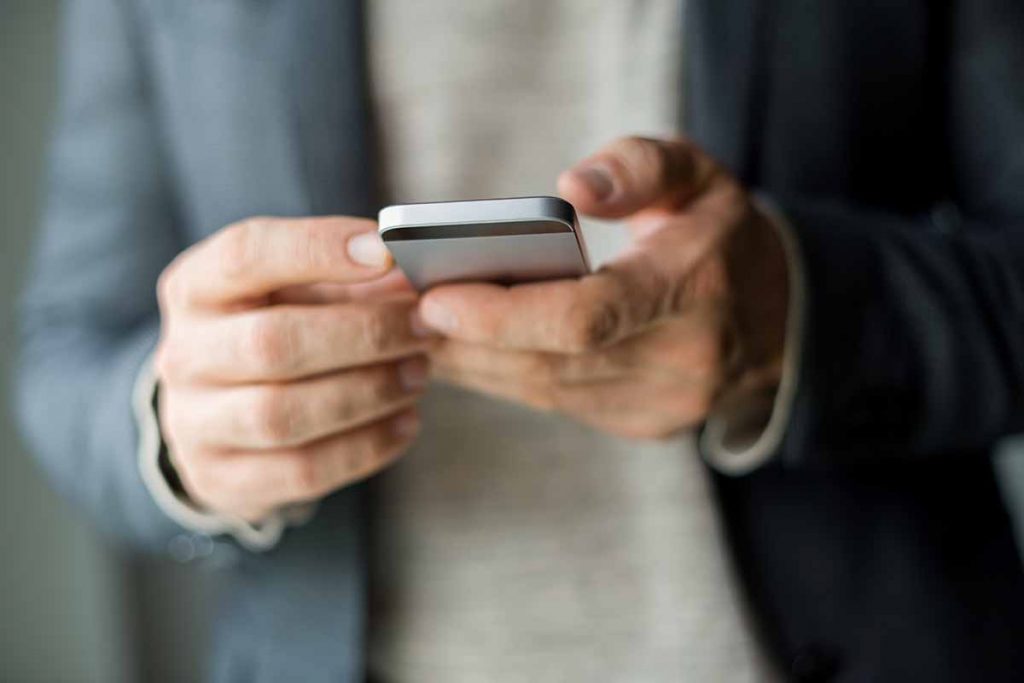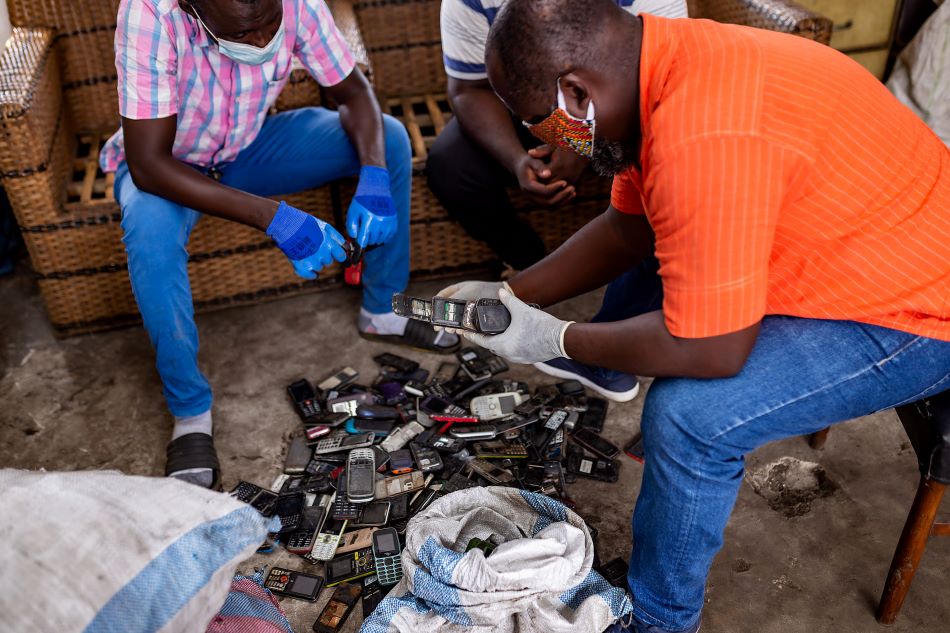
E-scrap collectors in Ghana check collected phones. | Courtesy of Closing the Loop
Mobile phone buyers in Japan will help finance African e-scrap collection and recycling, under a new partnership between FCNT, Dutch company Closing the Loop and Japanese trading giant ITOCHU.


 A U.K. telecom works to provide needy people with used phones, and Indian authorities intercept thousands of illegally imported used copy machines.
A U.K. telecom works to provide needy people with used phones, and Indian authorities intercept thousands of illegally imported used copy machines. Washington state has never before collected fewer pounds of electronics through its e-scrap program.
Washington state has never before collected fewer pounds of electronics through its e-scrap program.